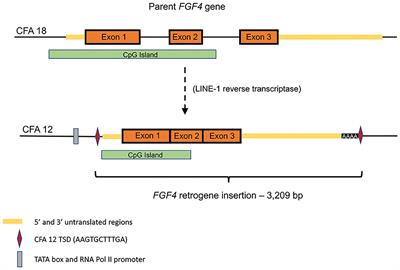EDITORIAL
Published on 16 Mar 2021
Editorial: Canine Intervertebral Disc Disease: The Current State of Knowledge
doi 10.3389/fvets.2021.656764
- 6,395 views
- 4 citations
51k
Total downloads
441k
Total views and downloads
EDITORIAL
Published on 16 Mar 2021
REVIEW
Published on 26 Nov 2020
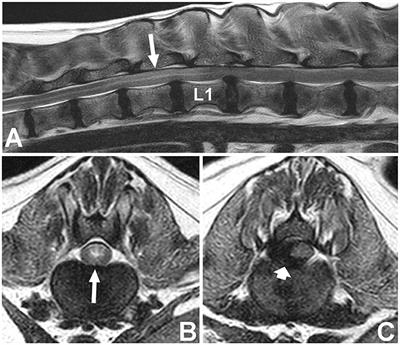
REVIEW
Published on 11 Nov 2020
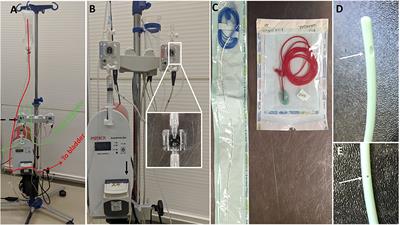
REVIEW
Published on 27 Oct 2020
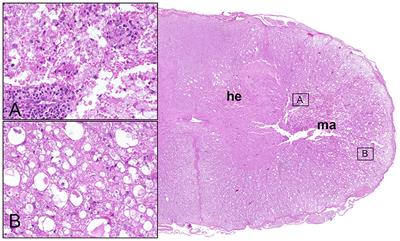
REVIEW
Published on 22 Oct 2020
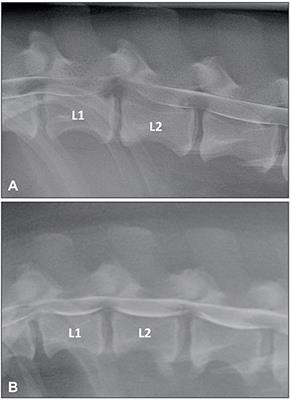
REVIEW
Published on 15 Oct 2020
REVIEW
Published on 06 Oct 2020
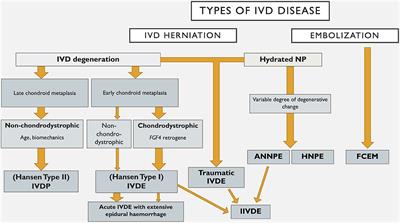
REVIEW
Published on 03 Sep 2020
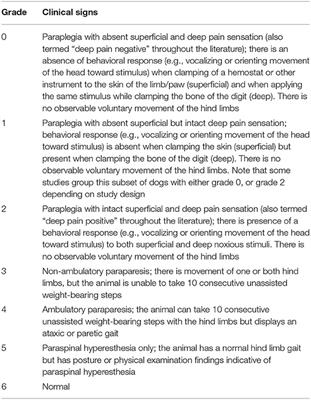
REVIEW
Published on 02 Sep 2020
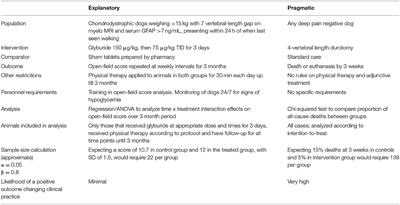
REVIEW
Published on 26 Aug 2020
REVIEW
Published on 24 Jul 2020
